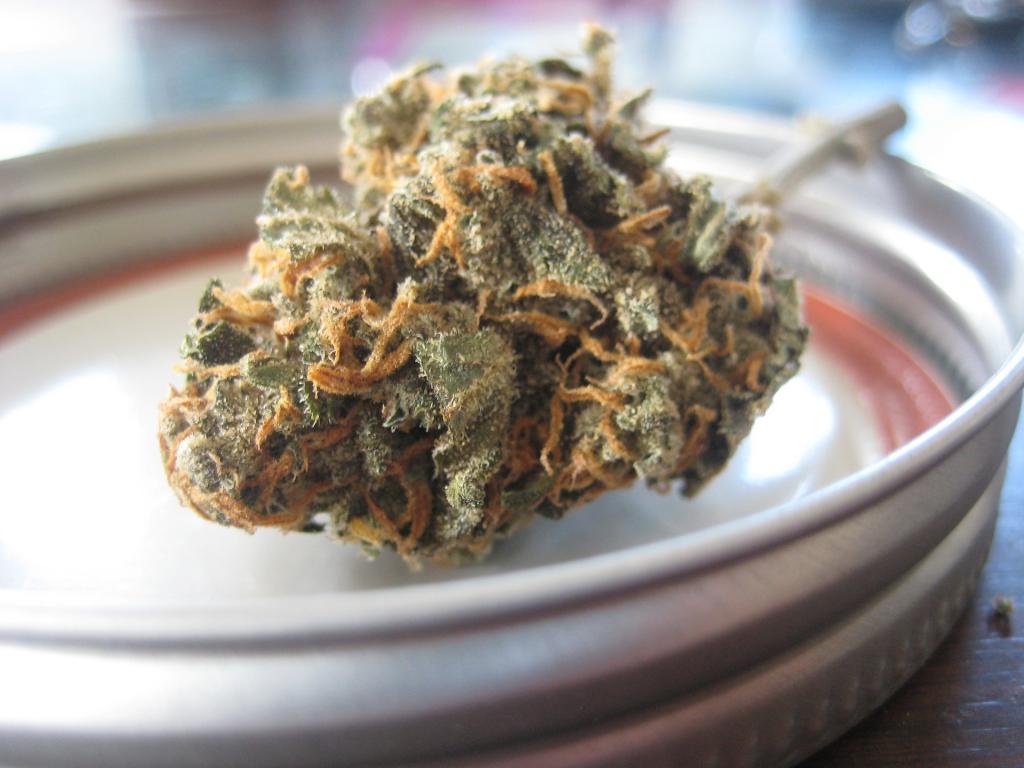Why Some Think Cannabis Will Thrive Even As GDPs Plunge
Author: Elizabeth Balboa | April 11, 2020 11:20am
Businesses have ground to a halt in deference to stay-at-home orders, and even some essential operations have lost their workforce to fear of the coronavirus. With operations at a standstill, revenue-less companies are beginning to furlough employees.
Unemployment is rising in the U.S. and Canada. Consumer confidence is also dwindling, and between these two factors, economists expect an economic downturn on the horizon. Some forecasts cite 25% unemployment in Alberta, where 52% of Canada’s cannabis retailers reside.
Times will be tight, but if anyone can survive a recession, some suspect cannabis can.
See Also: Is Cannabis Recession-Resistant? Will It Need To Be?
Notable Momentum
The global industry has notable momentum. It grew from $6.9 billion in 2016 to $15 billion in 2019. And regardless of how much total cannabis is sold, the legal market is expected to expand as consumers transfer over from illicit sources, according to Bank of America.
Additionally, data from the Canadian government suggests household cannabis expenditures are not correlated with Canada’s GDP to a statistically significant degree, and peer categories are historically recession-proof. During the 2008 and 2009 recession, the Canadian alcohol industry recorded 3% compound annual growth, while U.S. sales fell 1%.
Ever-Growing Potential
“Down-trading among products and shifts from on premise (bars, restaurant consumption) to off premise (take home) was more pronounced in the U.S. than in Canada. Might cannabis in Canada be similarly resilient?” Bank of America analysts Christopher Carey and Lisa Lewandowski wrote in a note. “We see potential it is, a legal market with secular growth drivers like new stores, trade-in from illicit, product diversification, and ultimately higher prevalence.”
Tobacco sales also increased 85% between 2008 and 2009.
Anecdotal evidence also foretells strength in cannabis.
“Harborside did not see any noticeable effects from the last Great Recession and for a certain percentage of the population, weed is just as important as food and toilet paper,” Harborside co-founder Andrew DeAngelo said.
Provincial activity supports this claim. At the earliest threat of lockdown, Michigan cannabis consumers rushed to fill their stashes, raising the state’s weekly recreational sales more than 20% and medical sales 27%.
Posted In: HMLSF MJ





